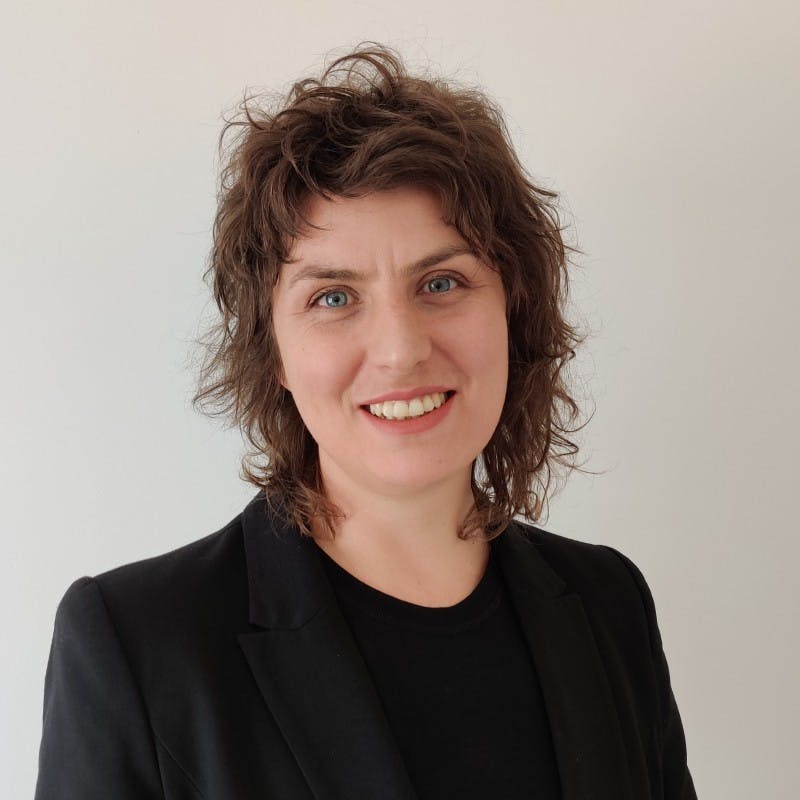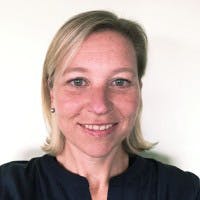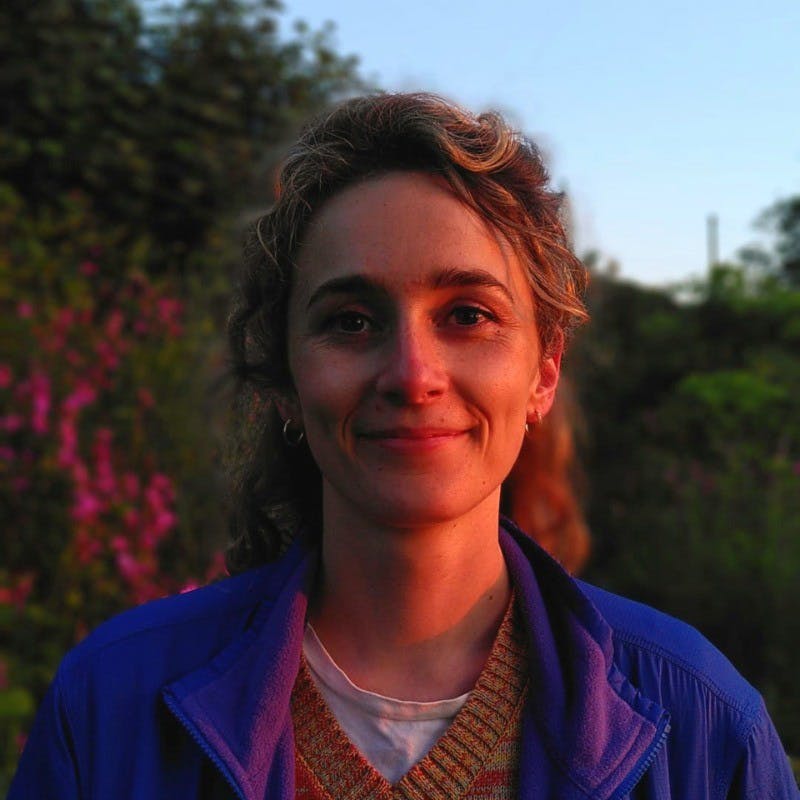Striking a New Deal (SaND)
Community insights for Uralla’s future
The Uralla Shire, like many regional communities across Australia, faces both significant opportunities and complex challenges with the development of the New England Renewable Energy Zone (REZ). This transformation promises new jobs, infrastructure investment and growth, but also raises concerns about housing affordability, pressure on essential services and the preservation of the Shire’s unique character.
Over the past year, Uralla Shire Council has worked with The Next Economy (TNE) through the Striking a New Deal (SaND) project — a national collaboration helping regional communities manage the impacts and opportunities of renewable energy development.
Between December 2024 and July 2025, more than 150 residents from across the Shire took part in interviews, workshops and surveys to explore:
- How renewable energy development can strengthen what we love about this place
- What needs to be protected
- How benefits can be shared fairly
These insights are shaping a Renewable Energy Strategic Plan for Uralla Shire, ensuring that future decisions reflect local priorities and values.
Download the Community Insights Report
 Mayor Bell with Saideh Kent from TNE and community memebrs - Uralla Bowling Club Workshop
Mayor Bell with Saideh Kent from TNE and community memebrs - Uralla Bowling Club Workshop"We need to ensure that there are long term benefits so that, post-development, this is a town and region we can be proud of.’ – workshop participant"
About the Striking a New Deal project
Striking a New Deal was developed in partnership with Council to engage the local community in shaping a shared vision for the region’s future.
The project aims to define what “good development” looks like in Uralla Shire and to co-create a Renewable Energy Strategic Plan that reflects community aspirations and guides Council in its discussions with government and developers.
The Striking a New Deal collaboration brings together The Next Economy, RE-Alliance, the Foundation for Rural and Regional Renewal (FRRR), Projects JSA, and Uralla Shire Council.
In Uralla, the project has been led by The Next Economy — a not-for-profit organisation that works with regional communities across Australia, helping them to engage with residents and stakeholders in meaningful ways. TNE has supported towns such as Hay, Mount Isa, and the Latrobe Valley to prepare for economic shifts by building local strategies and capturing community knowledge. Find out more at www.nexteconomy.com.au.
Community engagement process
Community engagement ran from December 2024 to July 2025. The process was designed to ensure people from across the Shire — landholders, small business owners, volunteers, young people, service providers and First Nations representatives — could share their views in a safe, respectful and forward-looking way.
Workshops and sessions were held across Uralla, Invergowrie, Kentucky and Uralla Central School, supported by online surveys and stakeholder interviews.
The engagement activities aimed to:
Provide opportunities for the community to be heard
Support respectful discussion between people with differing views
Focus on the future the community wants
Seek solutions without dismissing the challenges
Build cohesion and shared commitment to positive outcomes
Engagement snapshot
| Stage | Focus | Activities | Outcomes |
|---|---|---|---|
| Stage 1 | Project Establishment | Background research, co-design with Councillors and staff, 16 stakeholder interviews | Identified common themes |
| Stage 2 | Community Engagement | 5 community sessions, 1 school session, online survey | Defined opportunities and concerns |
| Stage 3 | Sense-Making | Council briefing and Community Insights Report | Foundation for Renewable Energy Strategic Plan |
Participants represented a broad cross-section of the community — from farmers, small business owners and local groups to young people, contractors, and service providers — capturing a wide range of perspectives and experiences.
 Drop-in session at Invegowrie Store
Drop-in session at Invegowrie StoreWhat we heard from the community
In almost a year of engagement, one thing was clear: locals are deeply proud of what already exists.
The region’s natural beauty, strong sense of community, active volunteer networks and rich heritage are seen as assets worth protecting. Many people support renewable energy development, but want it to strengthen Uralla’s identity, not erode it.
People called for:
Early, honest communication about what’s coming
A real say in decisions
Investment in things the community needs — like better healthcare, safer roads, affordable housing and stronger environmental protections
Long-term outcomes that benefit the whole region, not just short-term construction targets
The community is ready to adapt, but not at the cost of what makes Uralla liveable, affordable and uniquely itself.
 Workshop at Kentucky Memorial Hall
Workshop at Kentucky Memorial HallSix key themes emerged
Nature, land use and agriculture
Protecting biodiversity, farmland and rural identity.
“What we have left in terms of biodiversity is precious and irreplaceable.”
Infrastructure, roads, water, waste and housing
Coordinating upgrades, developer contributions and housing affordability.
“The REZ might increase rental costs and drive me out.”
Local economy, business and innovation
Strengthening local procurement, diversifying industries and supporting artisans.
“We want workers to shop at Foodworks and drink at the local pubs.”
Jobs, skills and training
Building lasting pathways for young people and local workers.
“There’s a real opportunity to invest in local kids – not just the apprentices companies need today, but a future workforce.”
Health, aged care and community services
Ensuring services keep pace with growth and support wellbeing.
“Medical services are already massively over-stretched.”
Community spirit, inclusion and heritage
Maintaining social cohesion, celebrating Anaiwan Country, and protecting Uralla’s identity.
“The influx of 1,700 people will change the nature of the community unless there’s a way to integrate those folks into community life.”

Outcomes from the Uralla Bowlo workshop
Opportunities identified
Upgrading roads, water systems, waste services and digital connectivity
Expanding health, childcare, aged care and mental health services
Creating diverse and affordable housing for locals
Supporting apprenticeships and training pathways
Investing in community spaces and local events
Designing nature-positive development that protects biodiversity
Common concerns
Pace, scale and coordination of REZ development
Strain on housing, health, water and roads
Loss of local identity, heritage and cohesion
Uneven distribution of benefits between towns or groups
Lack of communication, transparency and trust
"My hope is that the town looks back and is happy it went ahead, not divided by it." – workshop participant
 Uralla Courthouse Workshop
Uralla Courthouse WorkshopTurning insights into action
The Community Insights Report is now complete and has been presented to Council.
The Next Economy is working with Council staff to turn these insights into Uralla’s first Renewable Energy Strategic Plan — a roadmap for managing growth, protecting what matters, and sharing the benefits fairly.
This plan will guide how Council, government and industry work together to ensure renewable energy development strengthens Uralla’s resilience and identity.
What happens next
Community display: Key findings are now on display at Uralla Library through the summer months.
Presentations: Council Officers can provide presentations to local groups — get in touch if your organisation would like to host one.
Regular updates: Follow this page, Council’s social media and The Wordsworth for news and engagement opportunities.
Have we missed anything?
We’d love to hear your thoughts.
Do these issues resonate with you?
What’s the most important thing we need to get right first?
What gives you hope for Uralla’s energy future?
Share your ideas below or email council@uralla.nsw.gov.au.
Read the Community Insights Report





